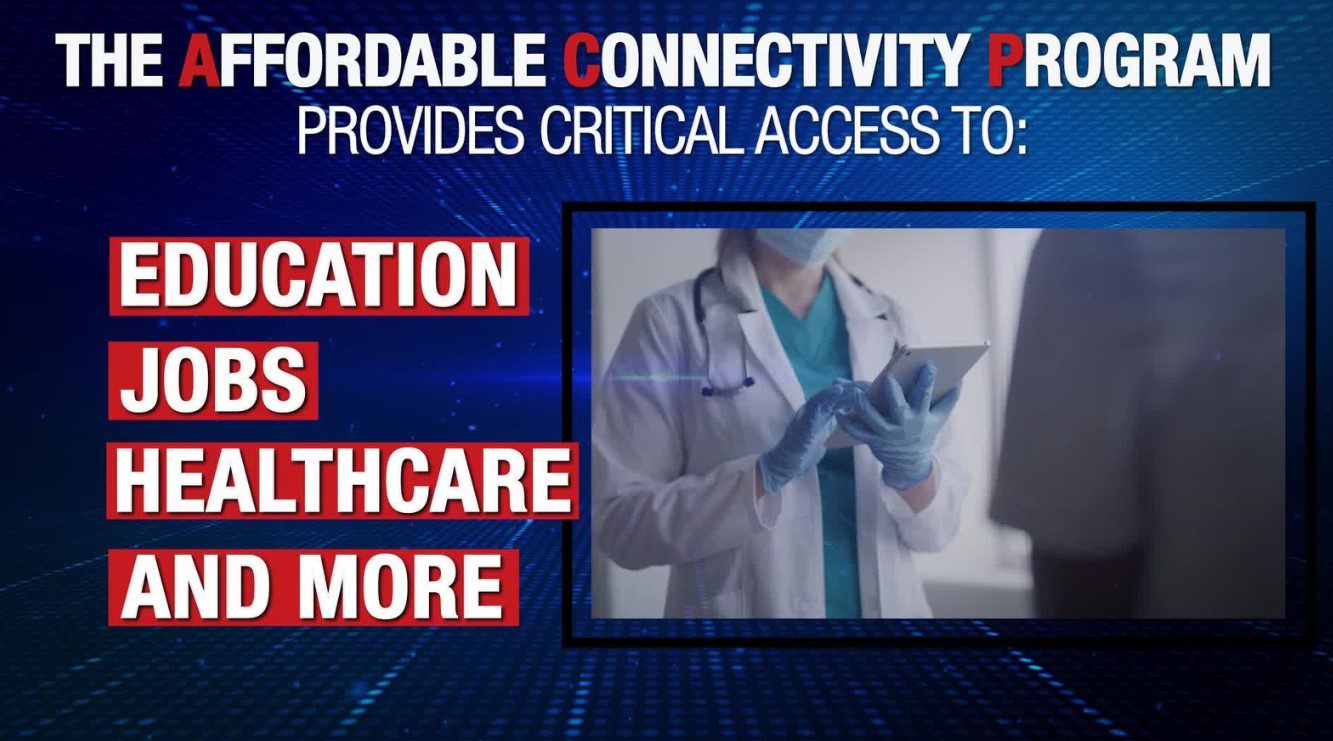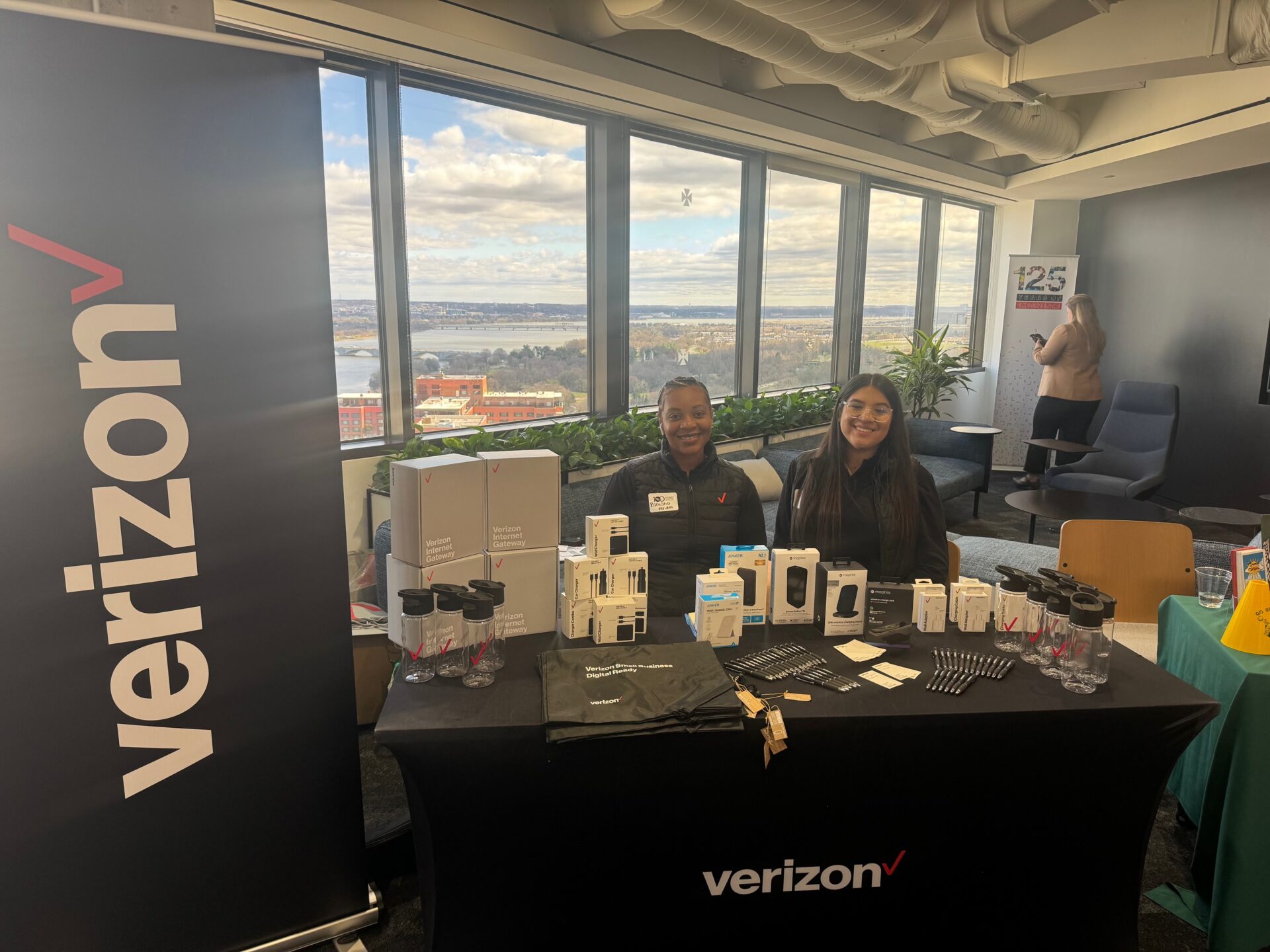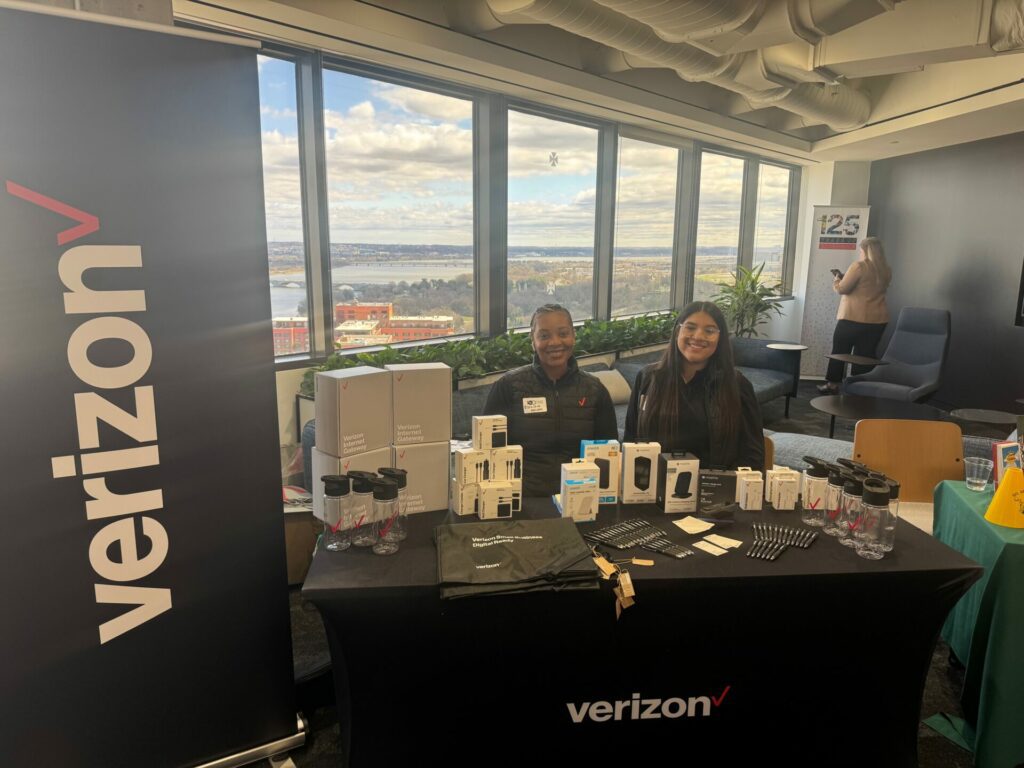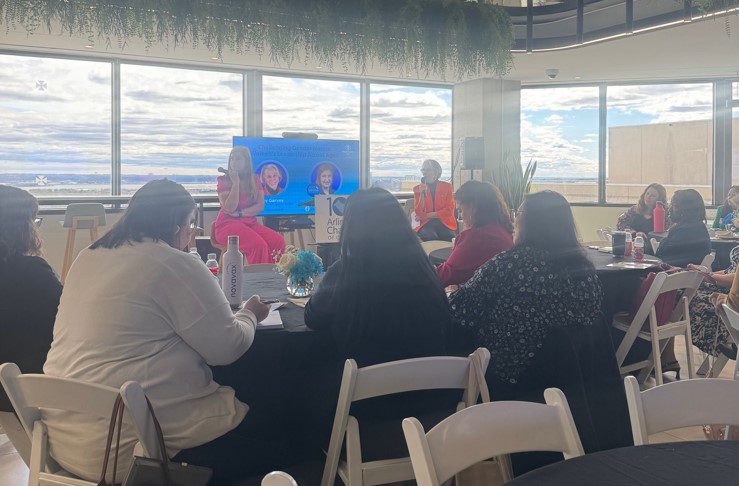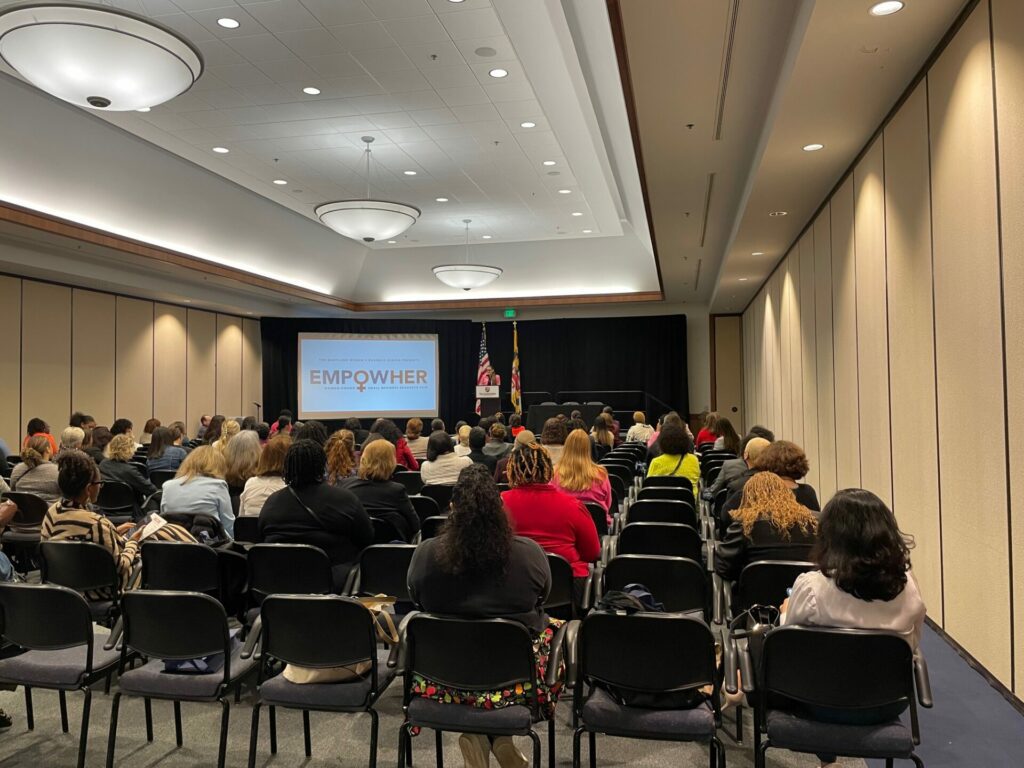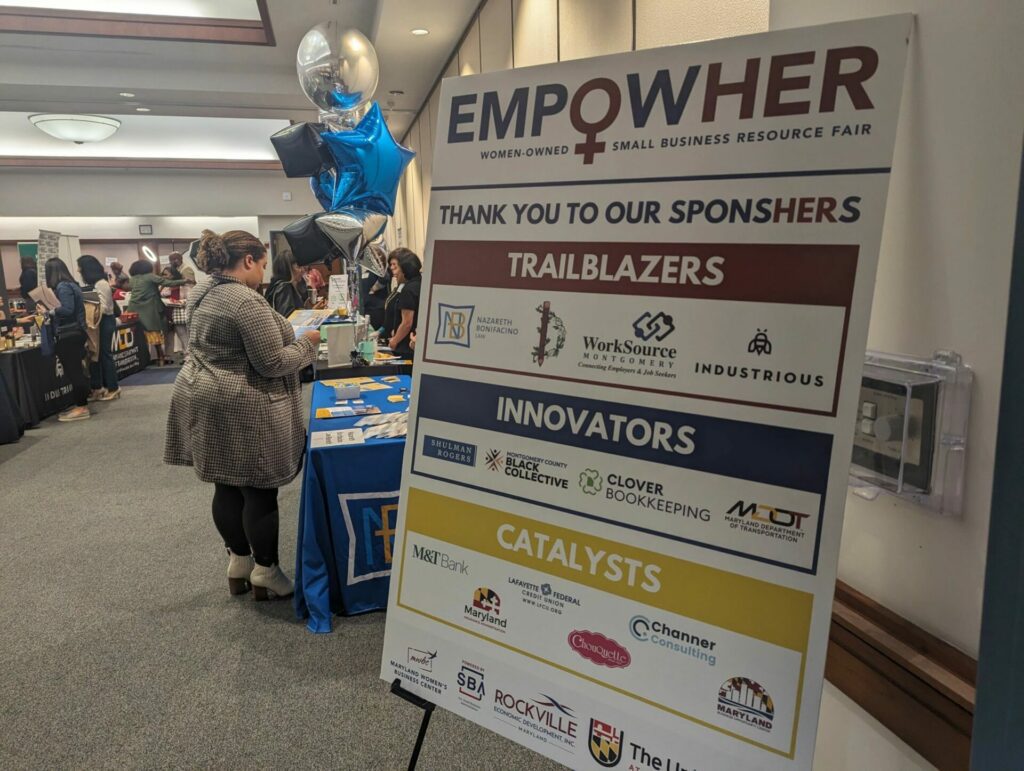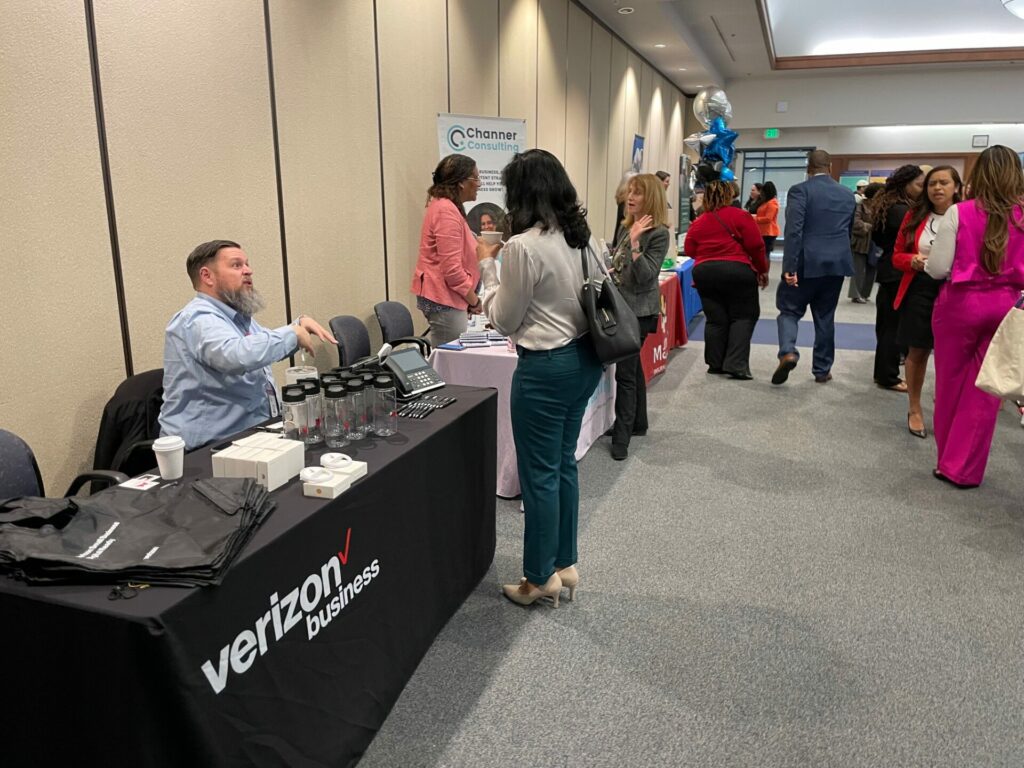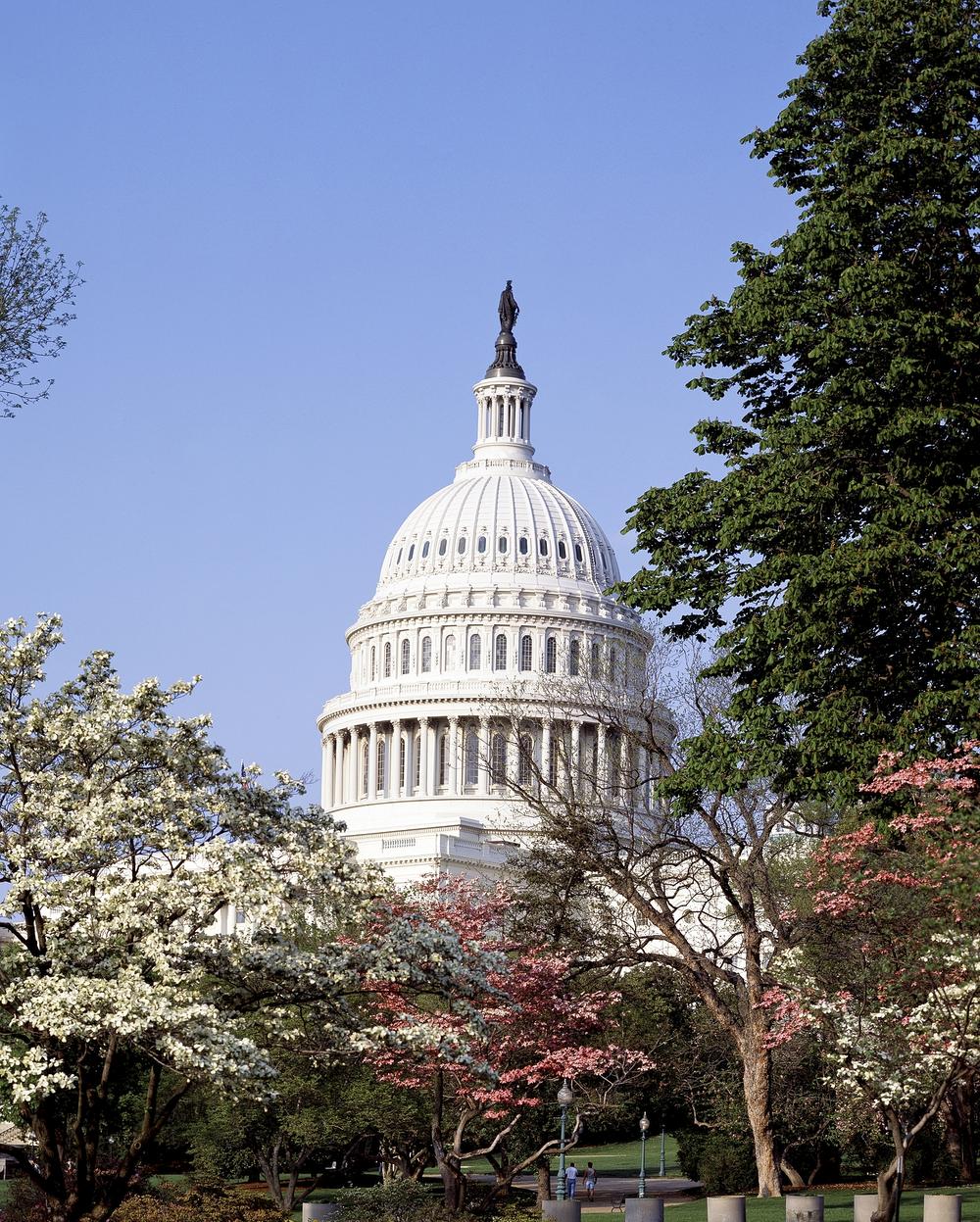“The United States has lately gotten serious about broadband expansion, with the federal government spending tens of billions of dollars to deploy services all over the country — especially in rural areas, where coverage is sparse. But how widely connectivity is available matters little if consumers can’t afford it. And unless Congress acts fast, many won’t be able to. The Affordable Connectivity Program came into being under the Infrastructure Investment and Jobs Act of 2021 after the coronavirus pandemic forced a huge portion of the population to work, learn and even socialize from computers at home. The benefit — $30 per month to households whose income falls under a certain poverty threshold or receive certain other federal benefits — has proved popular: Twenty-three million households — more than 1 in 6 nationwide — subscribe. More than two-thirds of respondents to an FCC survey of beneficiaries said they had inconsistent service beforehand or no service at all. And more than three-quarters say losing the benefit would disrupt their access.”
To learn more, click here.

